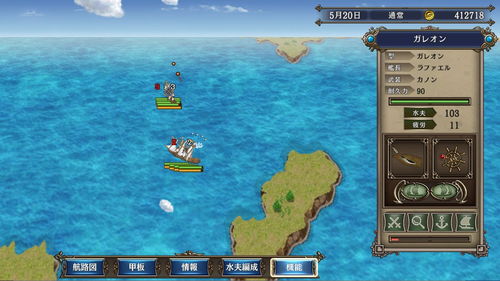来源:小编 更新:2024-11-20 03:31:37
用手机看

The Age of Exploration, also known as the Age of Discovery, was a pivotal period in world history that began in the 15th century. It marked the beginning of European exploration and colonization of the world beyond their known boundaries. This era was characterized by the search for new trade routes, the discovery of new lands, and the establishment of colonial empires. Let's delve into the origins of this fascinating period.
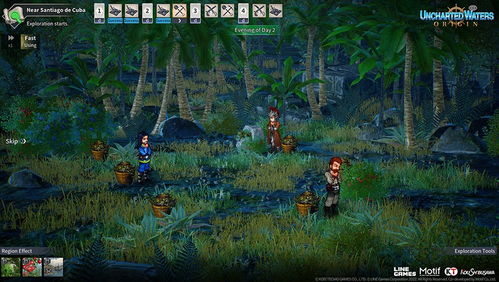
The primary motivation for European exploration was the desire to find new trade routes to Asia, bypassing the Ottoman Empire and the Middle East. This was driven by the lucrative spice trade, which was controlled by the Arabs and the Venetians. Additionally, the search for gold, silver, and other precious metals was a significant factor. The European monarchs and nobility were eager to fund expeditions in the hope of finding wealth and expanding their empires.
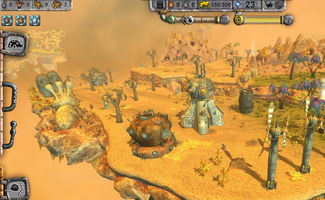
Portugal and Spain were the pioneers of the Age of Exploration. Portugal, under the leadership of Prince Henry the Navigator, was the first European nation to establish a strong maritime presence in the Atlantic Ocean. They were the first to navigate around the Cape of Good Hope and establish a trading post in India. Spain, on the other hand, was the first to finance Christopher Columbus' voyage to the Americas, leading to the discovery of the New World.
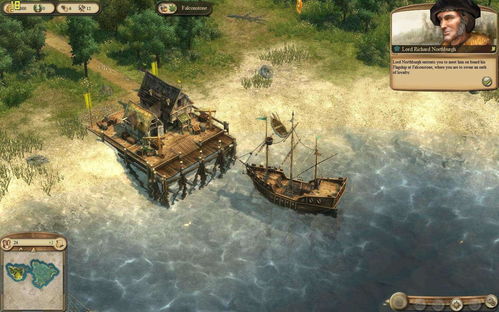
While Portugal and Spain were the dominant powers in the early stages of exploration, France also played a significant role. The French were interested in exploring the West Indies and establishing trade routes with Asia. They sent explorers such as Jacques Cartier to North America and Francis Drake to the Pacific Ocean. The French also established colonies in the Caribbean and North America, although their efforts were not as successful as those of the Spanish and Portuguese.
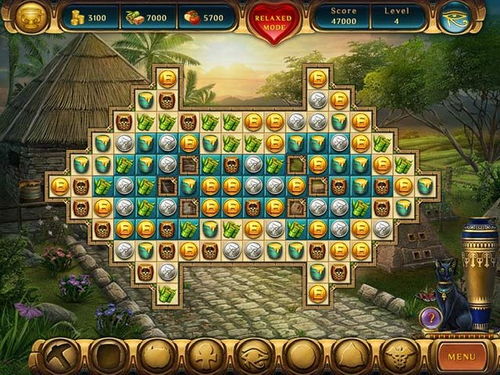
The Age of Exploration had a profound impact on the world. It led to the discovery of new lands, the establishment of colonial empires, and the exchange of goods, ideas, and cultures between Europe and the rest of the world. It also had a devastating impact on indigenous populations, as European colonization often resulted in the displacement, slavery, and death of native peoples.

The Age of Exploration laid the foundation for modern global trade and politics. It led to the establishment of the first global empires, such as the British Empire and the Portuguese Empire. It also paved the way for the Enlightenment, as the knowledge gained from exploration and colonization challenged traditional beliefs and led to new scientific discoveries.
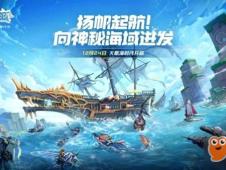
The Age of Exploration was a period of great change and innovation. It transformed the world and set the stage for the modern global order. While it was a time of great discovery and progress, it also had its dark side, as it led to the exploitation and suffering of many. Nonetheless, the Age of Exploration remains a crucial part of our history, shaping the world we live in today.
